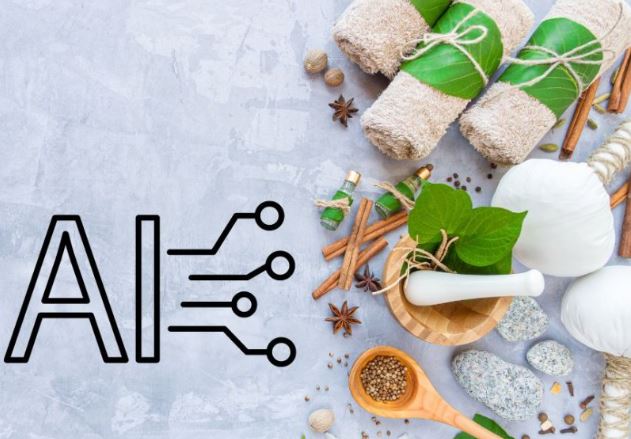Uses and Relevance of Artificial Intelligence (A.I) In Ayurveda
DOI:
https://doi.org/10.21760/jaims.9.10.32Keywords:
Artificial Intelligence (AI), Ayurveda, Prakriti assessment, Rasashastra, Traditional MedicineAbstract
Introduction: Artificial intelligence (AI) plays a vital role in modern healthcare and is crucial to achieving global objectives such as the Sustainable Development Goals (SDGs) and the World Health Organization's (WHO) Triple Billion Targets. The growing adoption of AI in healthcare has revolutionized diagnostics, personalized treatments, and clinical decision-making. In traditional medicine systems like Ayurveda, AI offers significant opportunities, but its integration remains underexplored. Methods: A comprehensive literature review was conducted using research papers, books, peer-reviewed journals, and online sources. The study focuses on the integration of AI in Ayurveda, particularly in Prakriti (constitution) assessment, Dosha (bodily humor) evaluation, and Rasashastra (Ayurvedic alchemy). AI tools such as data mining, pattern recognition, and predictive analytics were analyzed for their potential to improve diagnostic procedures, therapeutic outcomes, and knowledge of Ayurvedic formulations. Results: AI shows promise in improving diagnostic precision and personalized care in Ayurveda through tools like Prakriti and Dosha evaluation. AI's data mining capabilities enable deeper insights into disease mechanisms, symptoms, and treatment protocols. Discussion: While AI enhances data management, analysis, and research efficiency in Ayurveda, its limitations must be recognized. Traditional Ayurvedic practices, especially in patient care and diagnosis, cannot be entirely substituted by AI technologies. AI should complement rather than replace the expertise of practitioners. Conclusion: AI holds significant potential to advance Ayurvedic knowledge, diagnosis, and treatment, particularly in Rasashastra. However, the role of expert Vaidyas remains irreplaceable, and AI should be viewed as a supportive tool in integrating traditional practices with modern healthcare.
Downloads
References
World Health Organization. (2021). Global strategy on digital health 2020-2025. World Health Organization. https://iris.who.int/handle/10665/344249. License: CC BY-NC-SA 3.0 IGO.
OECD. Recommendation of the Council on Artificial Intelligence, OECD/LEGAL/0449. Available from: http://legalinstruments.oecd.org.
Vinuesa R, Azizpour H, Leite I, Balaam M, Dignum V, Domisch S, Felländer A, Langhans SD, Tegmark M, Fuso Nerini F. The role of artificial intelligence in achieving the Sustainable Development Goals. Nat Commun. 2020 Jan 13;11(1):233. doi: 10.1038/s41467-019-14108-y. PMID: 31932590; PMCID: PMC6957485.
Yuan H, Ma Q, Ye L, Piao G. The Traditional medicine and modern medicine from natural products. Molecules 2016;21: 559.
Bale A, Desai G, Khedekar S, Nayak M. Artificial intelligence and challenges in Ayurveda pharmaceutics: A review. Ayushdhara 2022;9:95–101.















